ORNL's Communications team works with news media seeking information about the laboratory. Media may use the resources listed below or send questions to news@ornl.gov.
761 - 770 of 1157 Results

After several years in the private sector exploring the unknown origins of neurodegenerative brain disorders such as Alzheimer’s, Chris Ellis thinks one of the keys to solving the mystery is at Oak Ridge National Laboratory: the world’s most powerful supercomputer.
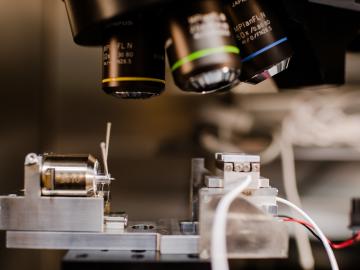
The formation of lithium dendrites is still a mystery, but materials engineers study the conditions that enable dendrites and how to stop them.
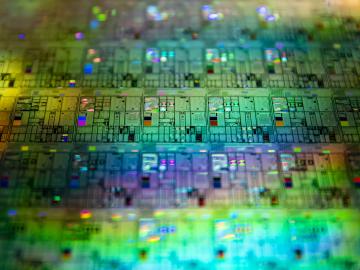
A team from the ORNL has conducted a series of experiments to gain a better understanding of quantum mechanics and pursue advances in quantum networking and quantum computing, which could lead to practical applications in cybersecurity and other areas.
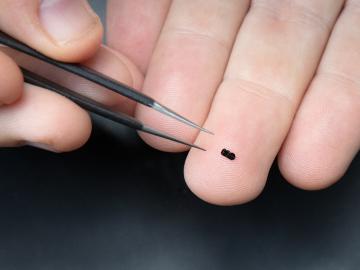
Liam Collins was drawn to study physics to understand “hidden things” and honed his expertise in microscopy so that he could bring them to light.

In the quest for domestic sources of lithium to meet growing demand for battery production, scientists at ORNL are advancing a sorbent that can be used to more efficiently recover the material from brine wastes at geothermal power plants.

A typhoon strikes an island in the Pacific Ocean, downing power lines and cell towers. An earthquake hits a remote mountainous region, destroying structures and leaving no communication infrastructure behind.

Researchers have developed a new process that could make it much cheaper to produce biofuels such as ethanol from plant waste and reduce reliance on fossil fuels.

Scientists at have experimentally demonstrated a novel cryogenic, or low temperature, memory cell circuit design based on coupled arrays of Josephson junctions, a technology that may be faster and more energy efficient than existing memory devices.
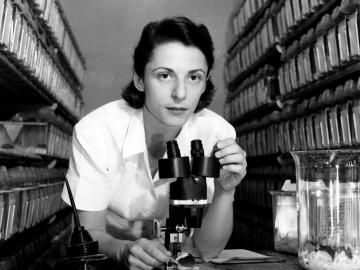
A select group gathered on the morning of Dec. 20 at the Department of Energy’s Oak Ridge National Laboratory for a symposium in honor of Liane B. Russell, the renowned ORNL mammalian geneticist who died in July.
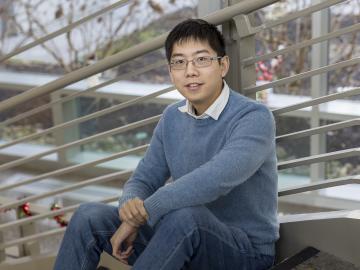
Eugene P. Wigner Fellow Victor Fung’s story is proof that a series of positive experiences around science and happy accidents can lead to a rewarding research career. He joined ORNL in 2019.

